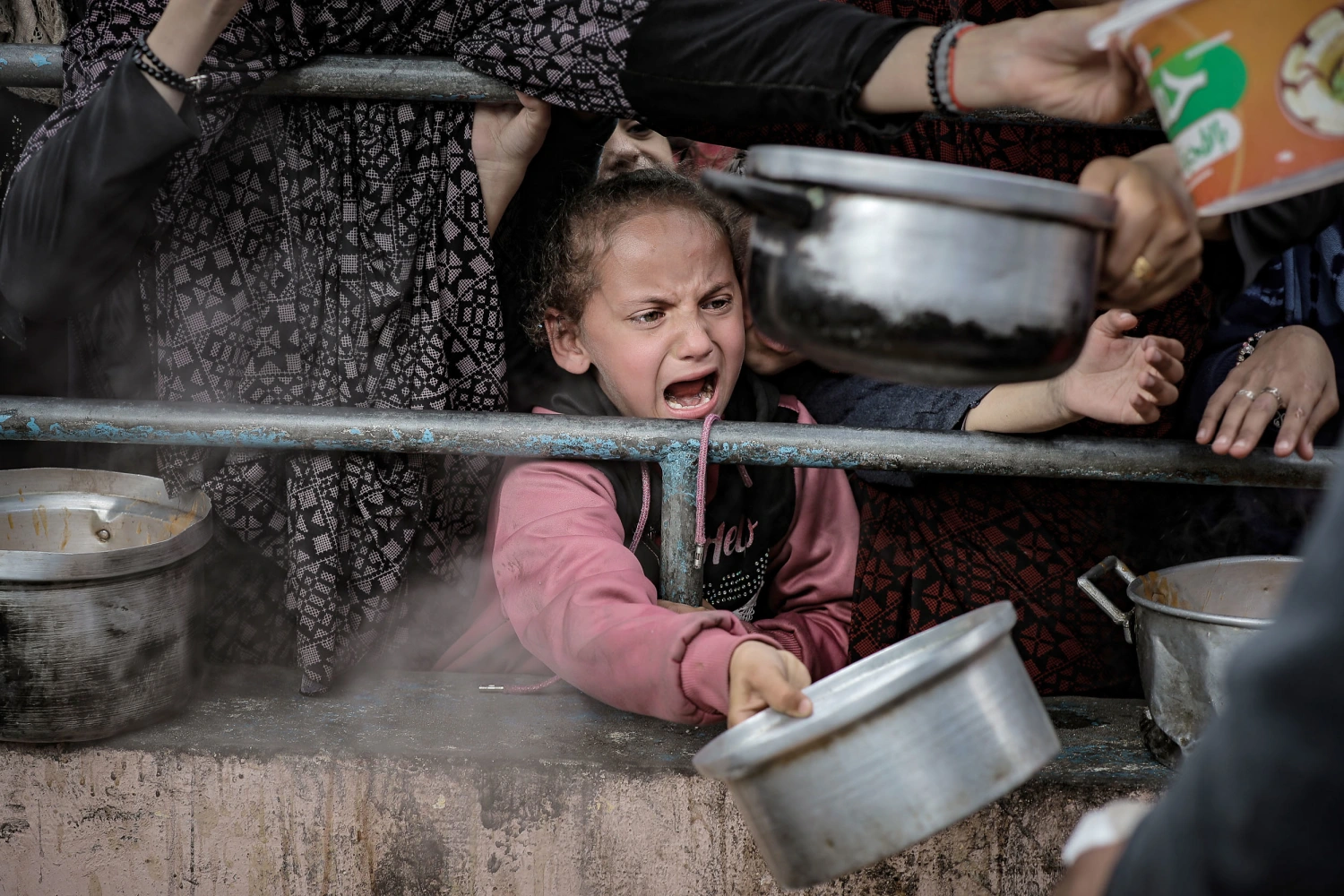The World Health Organization has warned that food insecurity in Gaza has reached a dangerous and rapidly worsening level. This statement comes as humanitarian aid deliveries have resumed in the region. On Sunday, Jordan announced that, in cooperation with the United Arab Emirates, it had air-dropped 25 tons of aid into Gaza. Earlier, the Israeli military stated it would implement daily 10-hour pauses in military operations in some parts of Gaza to allow humanitarian convoys access and enable the safe movement of aid workers.
According to UN Emergency Relief Coordinator Tom Fletcher, Israel appears to have eased some of the restrictions on humanitarian movement. He confirmed that over 100 aid trucks entered Gaza on Sunday, based on initial reports. However, Fletcher stressed that far more assistance is urgently required to prevent famine and a catastrophic public health crisis.
The United Nations World Food Programme estimates that one-third of Gaza’s population—around 2 million people—has gone without food for days. Meanwhile, the Hamas-run Health Ministry in Gaza reports that more than 100 people have recently died due to malnutrition and hunger-related causes. As the situation worsens, aid organizations are urging for greater and sustained humanitarian access to prevent further tragedy.






